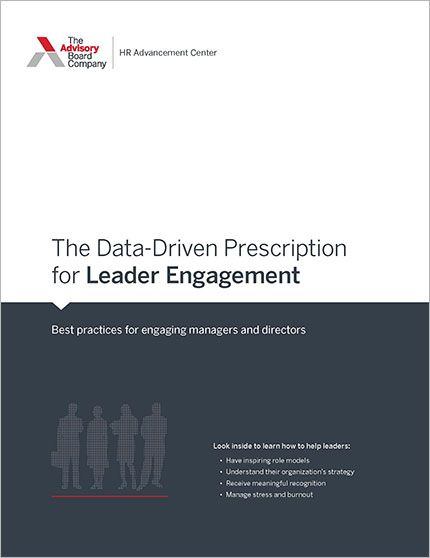Auto logout in seconds.
Continue LogoutFacing a big decision? You're probably suffering from cognitive biases that make it harder for you to make good choices, Walter Frick writes for Harvard Business Review—but three simple rules can help you do better.
1. Don't be overconfident
Almost everyone suffers from overconfidence, Frick writes, and that's a big problem: It's the bias that the Nobel-winning psychologist Daniel Kahneman has said "he'd eliminate first if he had a magic wand."
To improve your decision-making process, Frick writes that you need to accept that there's a good chance that all of your assumptions are wrong.
"Think choice A will lead to outcome B? It's probably a bit less likely than you believe," he writes. "Think outcome B is preferable to outcome C? You're probably too confident about that as well."
Once you accept your uncertainty, you're better situated to assess your options. What would you do differently, for instance, if you were less certain that A would lead to B? What if C were actually preferable to B? Asking these questions also helps you prepare to handle a significantly different outcome than the one you expect.
2. 'How often does that typically happen?'
In making any decision, you're usually called on to predict the future—to determine whether a proposed plan of action will succeed or fail, for instance. According to Frick, research shows that the best starting point for a prediction is to ask yourself, "How often does that typically happen?"
For example, Frick writes, if you're thinking of funding a startup company, you could ask yourself, "What percentage of startups fail?" Or if your company is thinking about making an acquisition, you should figure out "how often acquisitions enhance the acquirer's value or otherwise further its goals."
The point, Frick writes, is to swap your "inside view" for an "outside view"—that is, to get away from a situation in which "the specifics of the decision overwhelm your analysis," and instead start looking at "similar cases before considering the specifics of your individual case."
3. Learn probability, and think probabilistically
If you don't know anything about probability, Frick writes that "there's no better investment" than spending 30 minutes learning about it. Research shows that even a basic understanding of probability can improve the accuracy of predictions and help people avoid some cognitive biases.
Thinking probabilistically also will help you adhere to the first two rules better, because you'll be able to think through the likelihood of possible outcomes.
Final thoughts
These three rules should be taken to heart and used frequently, Frick writes, not just when making big decisions.
"Great decision makers don't follow these rules only when facing a particularly difficult choice; they return to them all the time," he writes. "They recognize that even seemingly easy decisions can be hard — and that they probably know less than they think" (Frick, Harvard Business Review, 1/22).
Don't miss out on the latest Advisory Board insights
Create your free account to access 1 resource, including the latest research and webinars.
Want access without creating an account?
You have 1 free members-only resource remaining this month.
1 free members-only resources remaining
1 free members-only resources remaining
You've reached your limit of free insights
Become a member to access all of Advisory Board's resources, events, and experts
Never miss out on the latest innovative health care content tailored to you.
Benefits include:
You've reached your limit of free insights
Become a member to access all of Advisory Board's resources, events, and experts
Never miss out on the latest innovative health care content tailored to you.
Benefits include:
This content is available through your Curated Research partnership with Advisory Board. Click on ‘view this resource’ to read the full piece
Email ask@advisory.com to learn more
Click on ‘Become a Member’ to learn about the benefits of a Full-Access partnership with Advisory Board
Never miss out on the latest innovative health care content tailored to you.
Benefits Include:
This is for members only. Learn more.
Click on ‘Become a Member’ to learn about the benefits of a Full-Access partnership with Advisory Board
Never miss out on the latest innovative health care content tailored to you.

